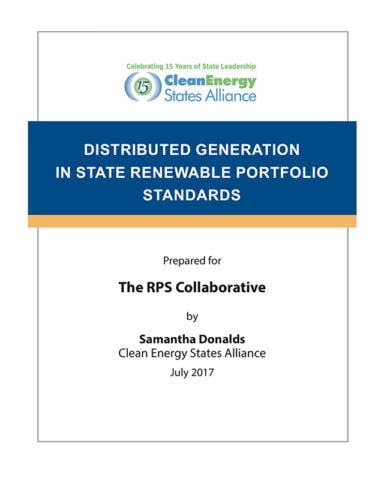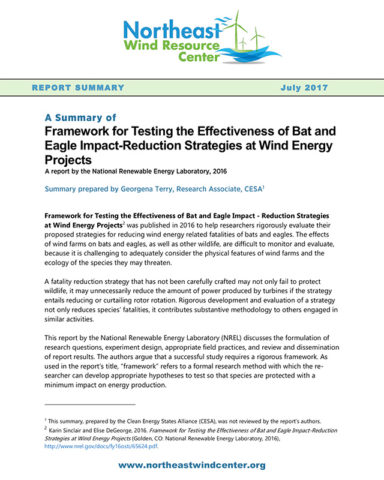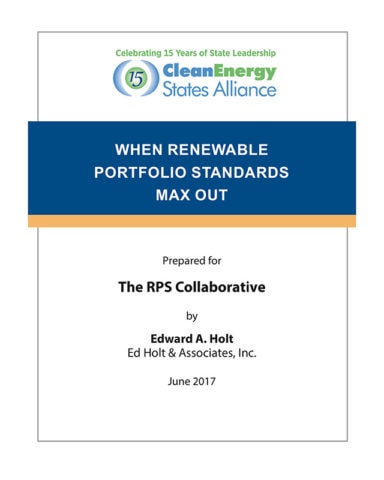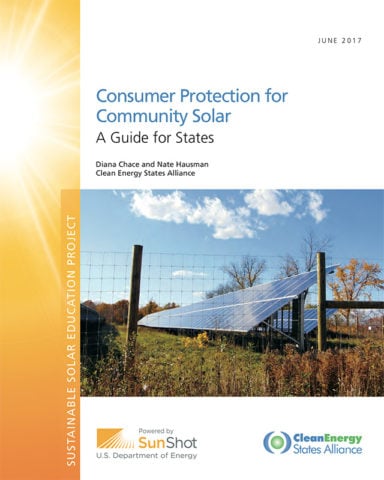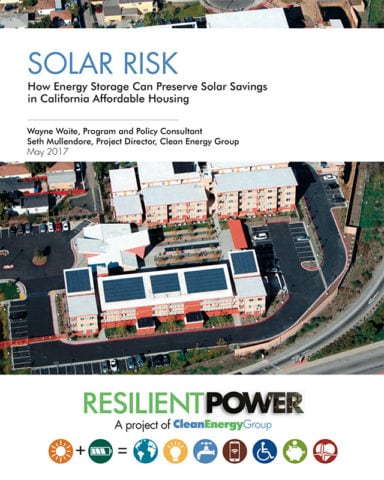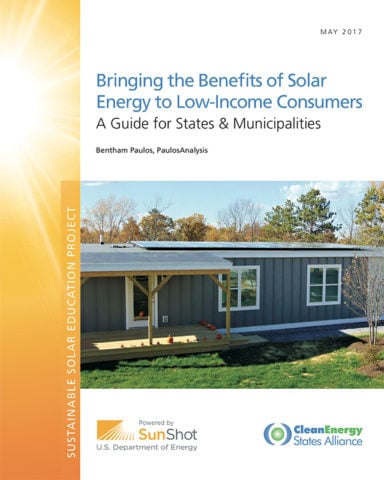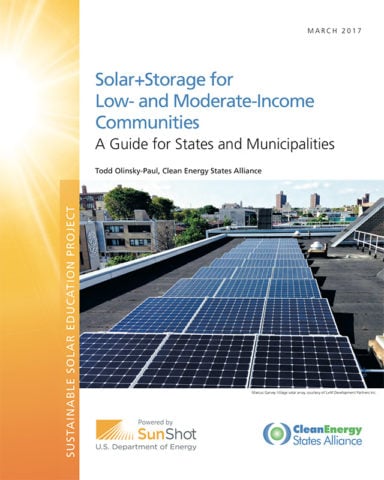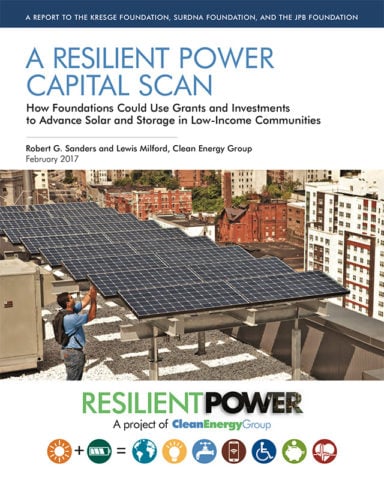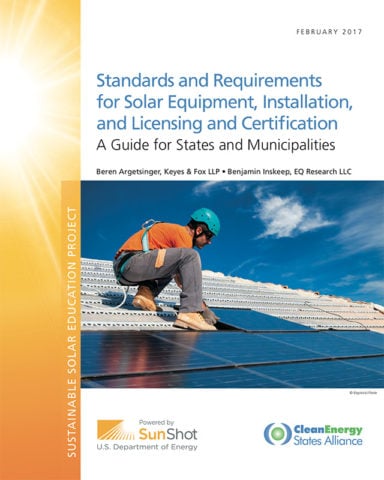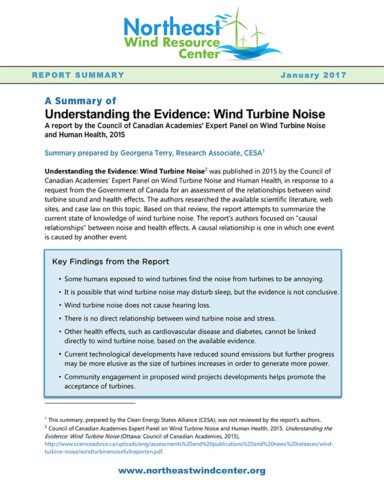Resource Archive - Report
SEARCH RESOURCES
You can also search by author name.
RESOURCE TYPES
RESOURCE TOPICS
RESOURCE PROJECTS
RESOURCE YEARS
In 2016-2017, CESA conducted a survey on how distributed generation is incorporated into state RPSs. CESA collected responses from all 30 states that currently have a mandatory RPS requirement. This report provides a summary of the results from that survey.
This is a summary of “Framework for Testing the Effectiveness of Bat and Eagle Impact-Reduction Strategies at Wind Energy Projects,” a 2016 report by the National Renewable Energy Laboratory (NREL). This summary was prepared for the Northeast Wind Resource Center by the Clean Energy States Alliance.
CESA has produced a report on what happens when state renewable portfolio standards reach their peak requirement.
This guide discusses consumer protection issues that may arise in community solar projects for residential consumers, and the role states can play in ensuring appropriate consumer protections.
A new analysis finds that energy storage can effectively hedge against proposed changes to California’s solar policies and utility rates that could drastically reduce the value of solar.
This guide outlines the obstacles that low-income households face in accessing solar power and provides a detailed overview of strategies that policymakers and government agencies can use to encourage low-income solar adoption.
This guide seeks to provide state and municipal officials with information to develop effective solar and battery storage (solar+storage) policies and programs that benefit low- and moderate-income (LMI) communities. It explores a range of policy approaches that have been successfully employed and provides program examples from states that have made LMI access to these technologies a priority.
This report identifies market barriers to deploying solar+storage technologies in low-income markets, and proposes more than 50 grant and investment opportunities that socially minded investors can use to target those barriers.
This guide is intended as a starting point for program managers in states or municipalities who are developing or revising standards and requirements for installation, licensing and certification, equipment, and warranties for solar PV equipment and systems.
This is a summary of “Understanding the Evidence: Wind Turbine Noise,” a 2015 report by the Council of Canadian Academies’ Expert Panel on Wind Turbine Noise. This summary was prepared for the Northeast Wind Resource Center by the Clean Energy States Alliance.

